
Programmatic in Switzerland
- Author: Christina Gaydova
Switzerland is a high-level country with one of the most advanced markets for internet and mobile usage in Western Europe, and internet advertising, all over the world, remains one of the fastest-growing segments in the advertising market.
Digital Ad Market
In this graphic below, we can see how digital advertising has been expanded in Switzerland from 2007 to 2017 and provides a forecast until 2019. In 2016, digital advertising expenditure reached the level of 1.05 billion Swiss francs (CHF), and it was expected to increase up to 1.3 billion Swiss francs in 2019. In 2021 ad spending in the digital advertising market is expected to reach US$2,775m. And Search Advertising, as the largest segment, will be about US$1,245m in 2021.
Available Audience
Reach: 18.23 million cookies
Impressions: 4.01 billion
Most-Used Social Media Platfroms
In the last two years, the number of internet users in Switzerland increased by 524 thousand (+6.8%), and social media users increased by 300 thousand (+7.1%). In 2020, in Switzerland, 96% of Internet users had mobile phones, 89% of them had a desktop or laptop, and 59% owned a tablet.
- YouTube – 88%
- WhatsApp – 85%
- Facebook – 70%
- Instagram – 52%
- Facebook Messenger – 51%
- LinkedIn – 35%
- Pinterest – 29%
- Skype – 25%
- Twitter – 25%
- Snapchat – 24%
Programmatic Advertising is improving, and that’s why more and more mobile, video, and audio formats are becoming available online all the time. While the Swiss video advertising market hasn’t yet arrived at the same spend levels as in other markets, it still shows strong dynamics. The efforts of YouTube and the big social media platforms to enhance attention and time of engagement for their video content show relevant effects. Based on the situation of consumption on mobile devices, advertisers create new advertising formats and begin to deliver an awareness of the necessity of custom video creatives for online video campaigns.
Ad Inventory
Top Websites Ranking
Google.com, Youtube.com, Google.com.kw, Facebook.com, Google.ch, Wikipedia.org, Pornhub.com, Xnxx.com, 20min.ch, Blick.ch, Srf.ch, Twitter.com, Instagram.com
Top DSPs used in Switzerland:
- Google Ads
- MediaMath
- Exponential
- Exoclick
- Adextech
- Splicky
- CPMServe
- Altroox, Inc.
- Telefogist
Top SSPs used in Switzerland:
- Google Ads
- Lupon Media, London
- GreedyGame
- MBS Info Solution
Best Switzerland Advertising Networks:
- dexpredict.com
- linkonclick.com
- antiadblocksystems.com
- adventurefeeds.com
- mellowads.com
Ad Fraud
In previous years, all companies faced ad-fraud and ad-quality problems, and Switzerland is no exception. At the beginning of Programmatic history, the advertising environment was mostly secondary to reaching the right person, clients, and agencies developed a stronger conscience for the quality of delivered ad impressions. Great contributions to this process were made by 3rd party technology providers that provided more transparency about ad-delivery. In the case of programmatic, this process results in ad spend being shifted from open exchanges to private deals, improving control of ad environments by advertisers. While this reduced the immediate amount of relevant programmatic ad inventory, the improved level of quality ensures that client trust in programmatic advertising remains intact and the share of online advertising is continually rising.
Market Peculiarities
Switzerland has several unique quirks that must navigate successfully to effectively target the market. There are four official languages in Switzerland: German, French, Italian, and finally Rhaeto-Romanic. When creating a website targeting Switzerland, it is advisable to create content in both German and French as this will cover almost 90% of the population. Creating Italian content is only necessary if targeting the south-east of the country. What about Rhaeto-Romanic content? It’s not necessary, because almost all of its users understand German or French. Be aware that Swiss-German and Swiss-French use slightly different terminology from Standard German and Standard French. Therefore, localize your website content to reflect these differences.
Read also
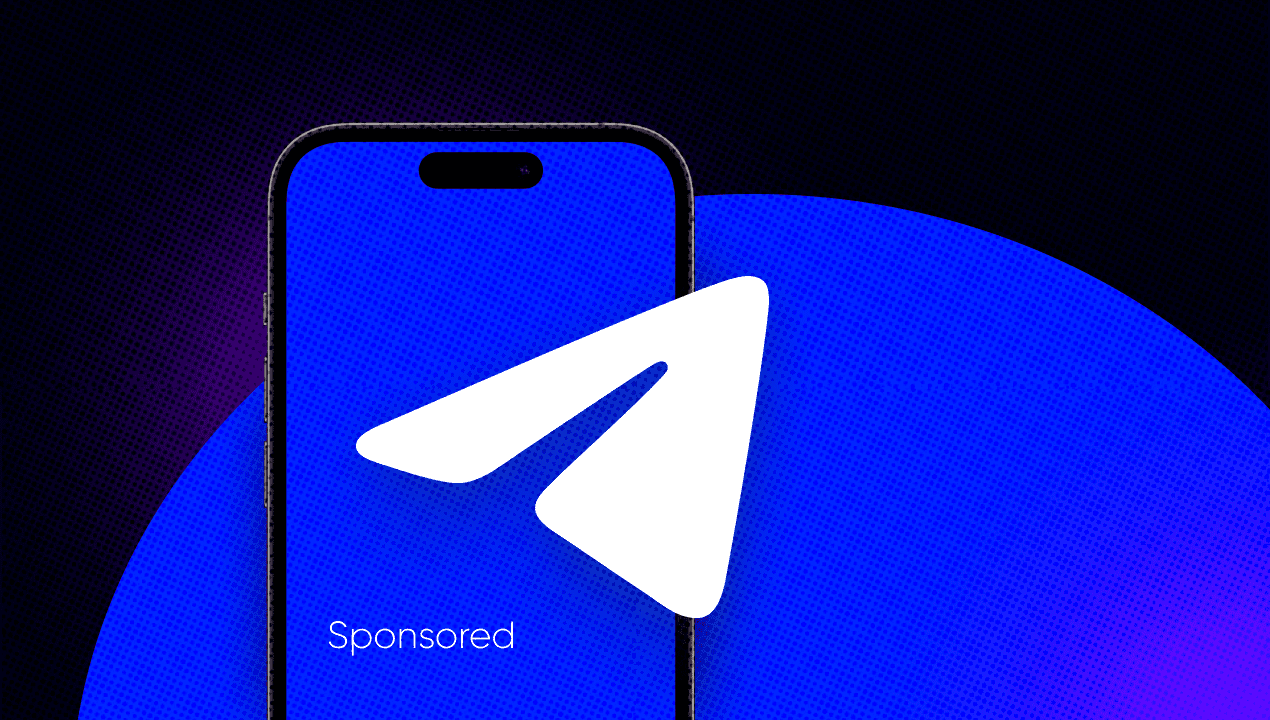
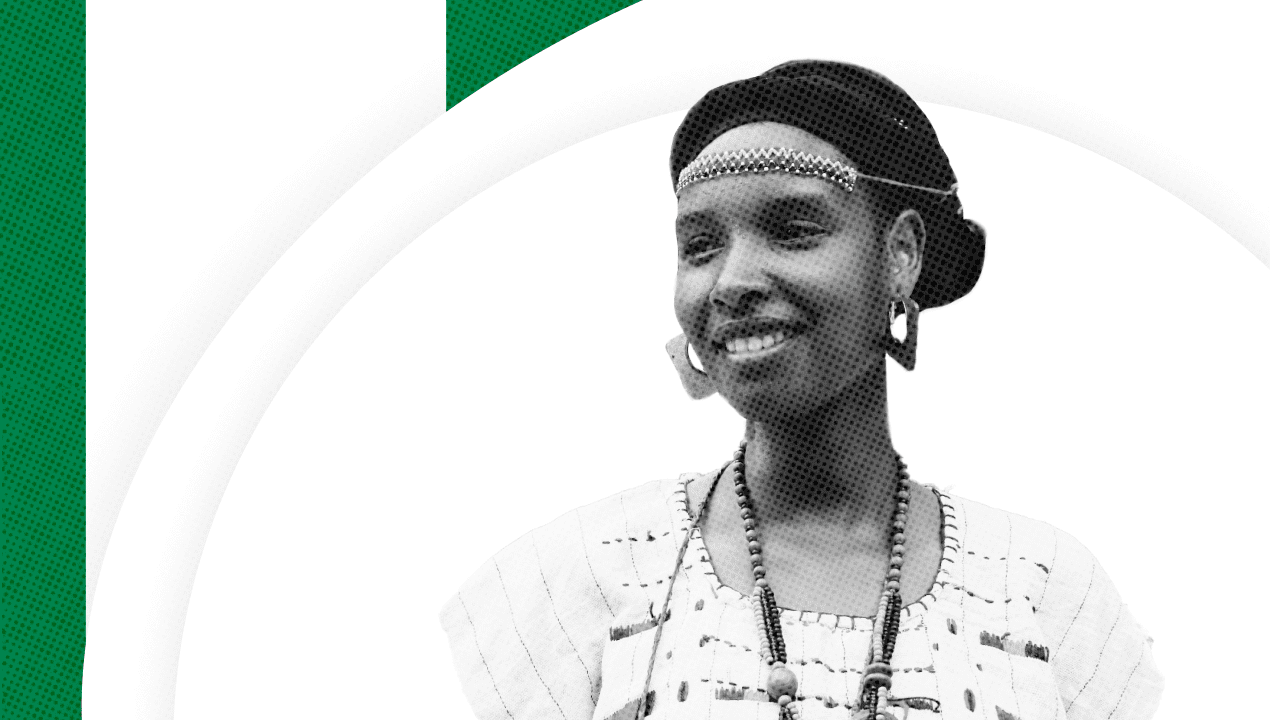
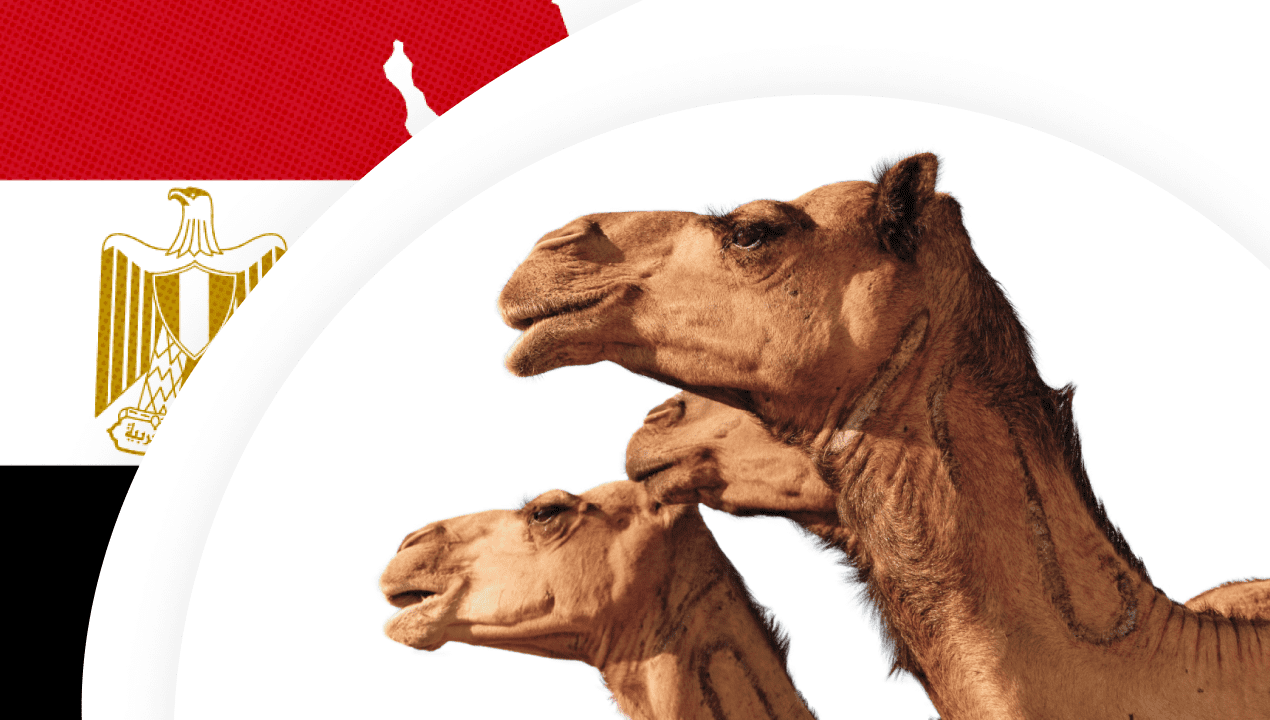
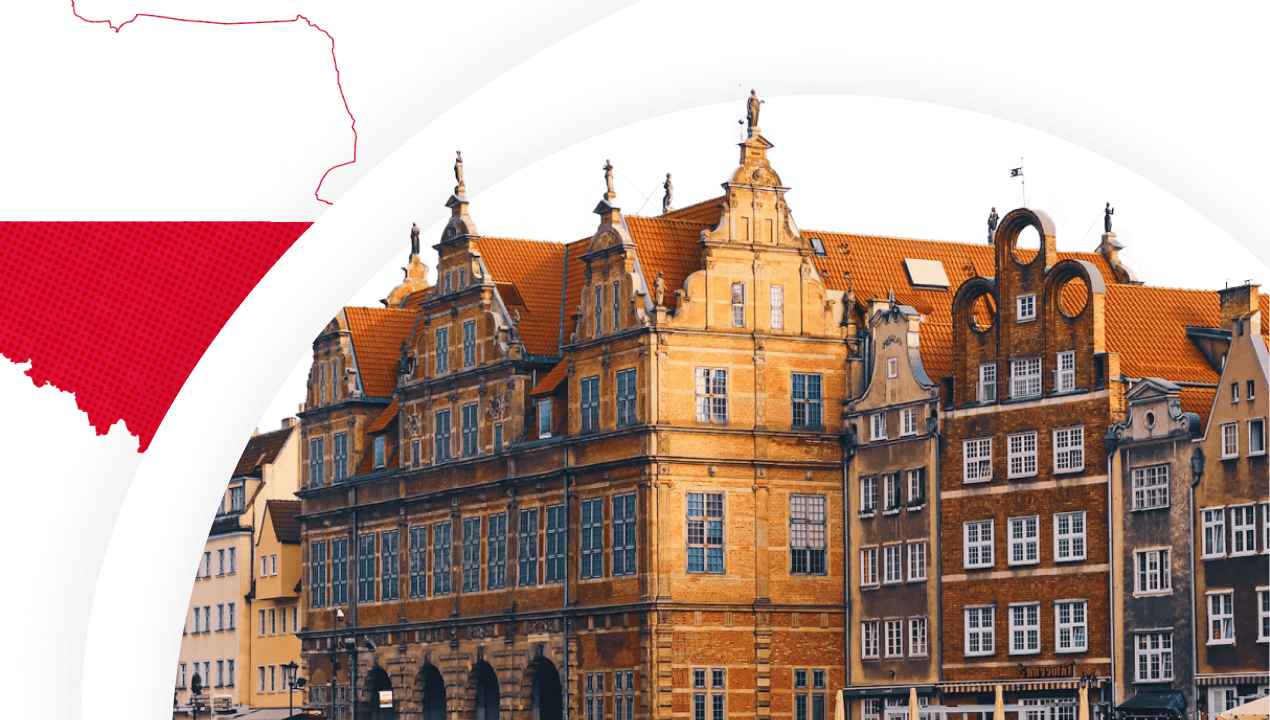

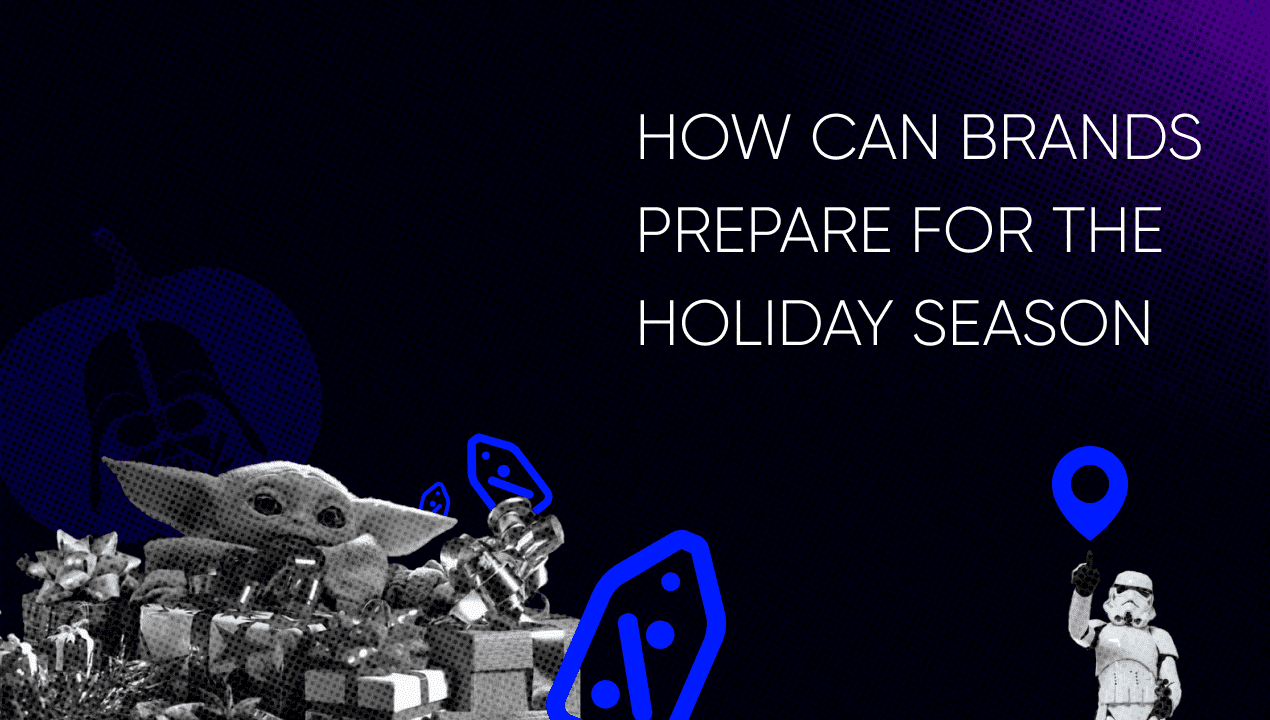
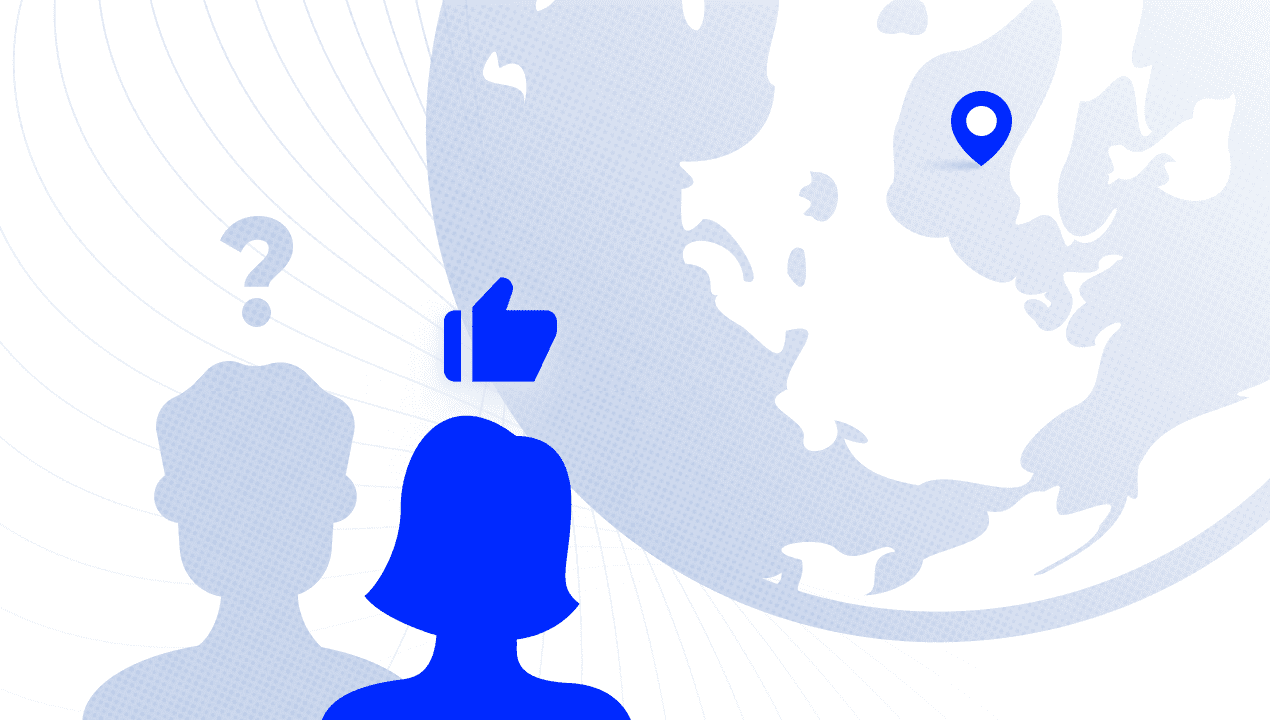
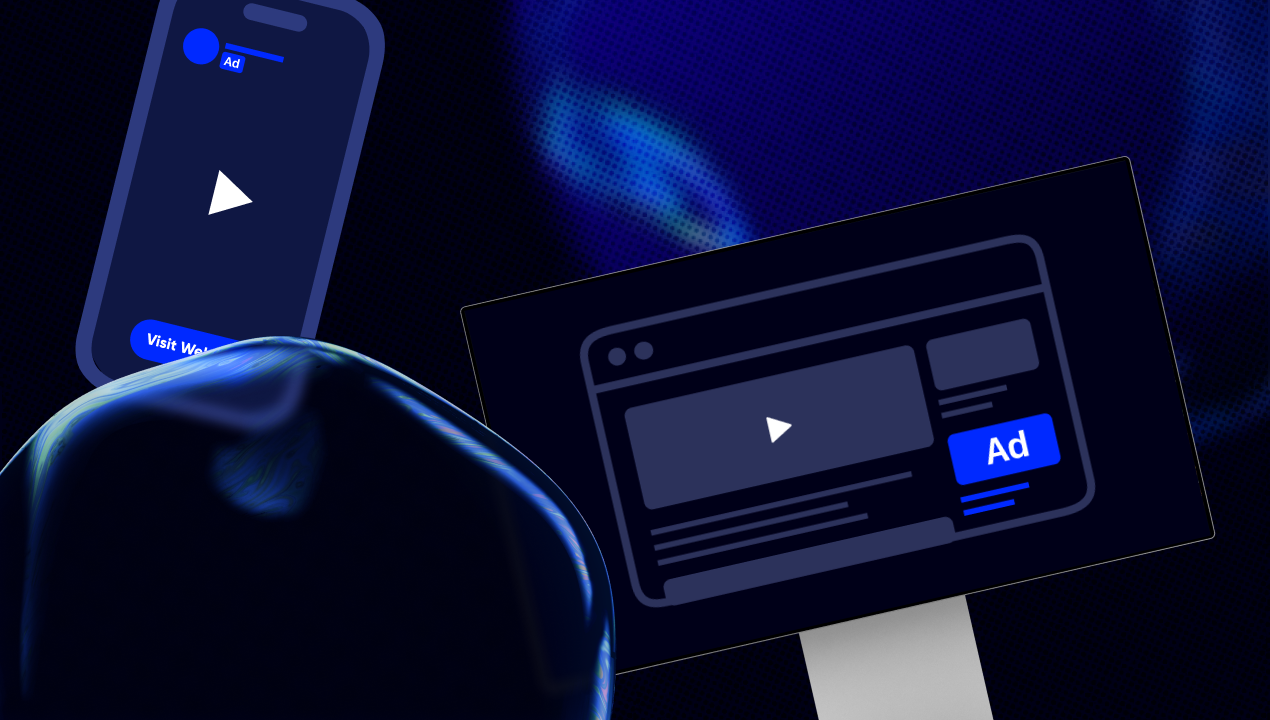

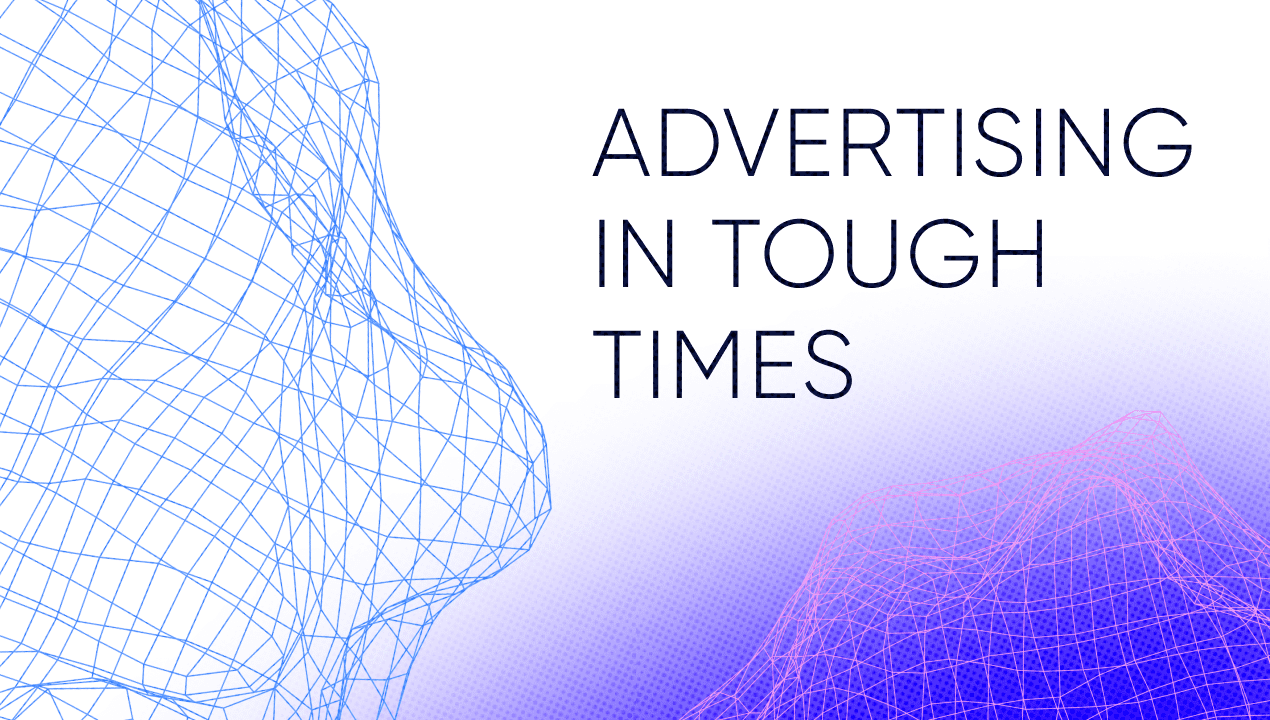
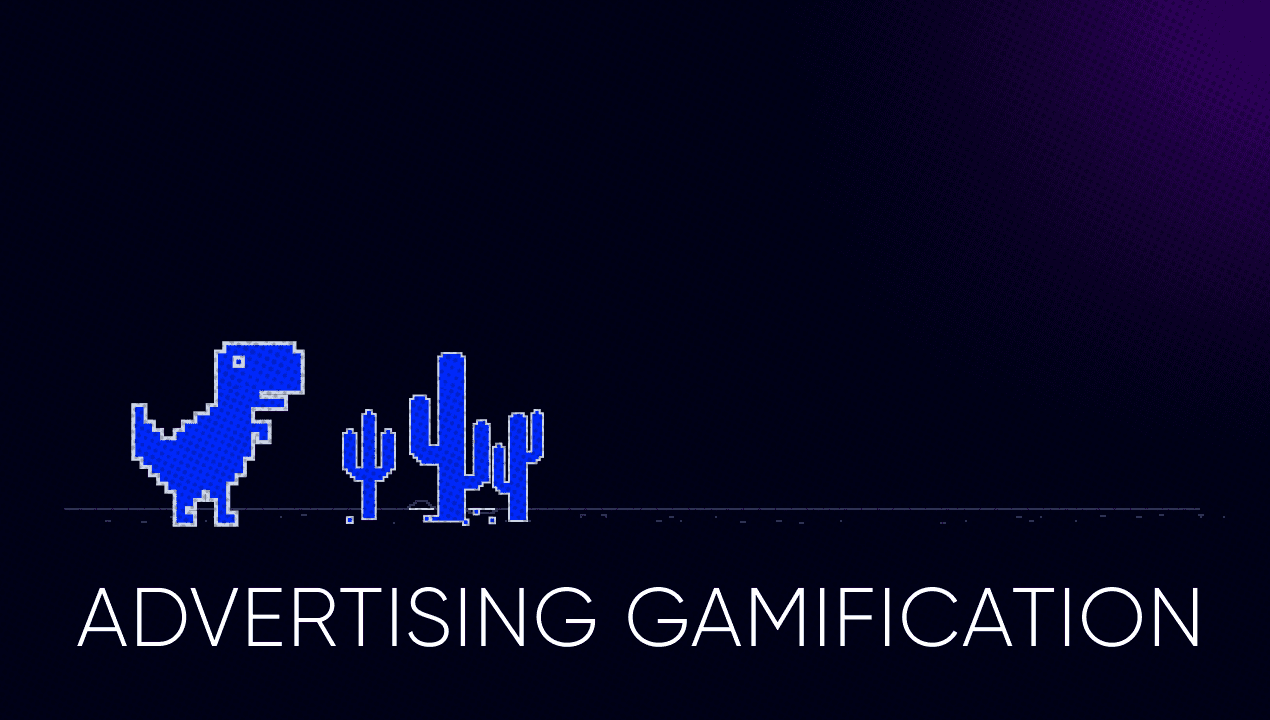



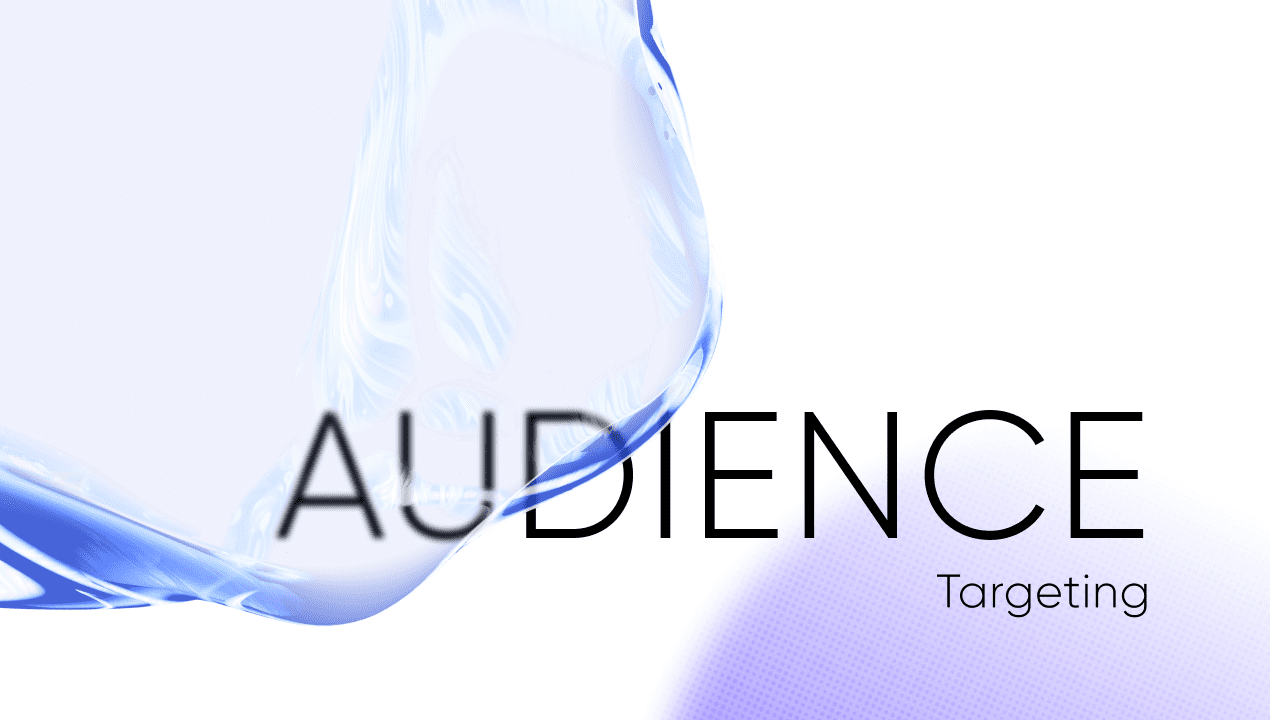


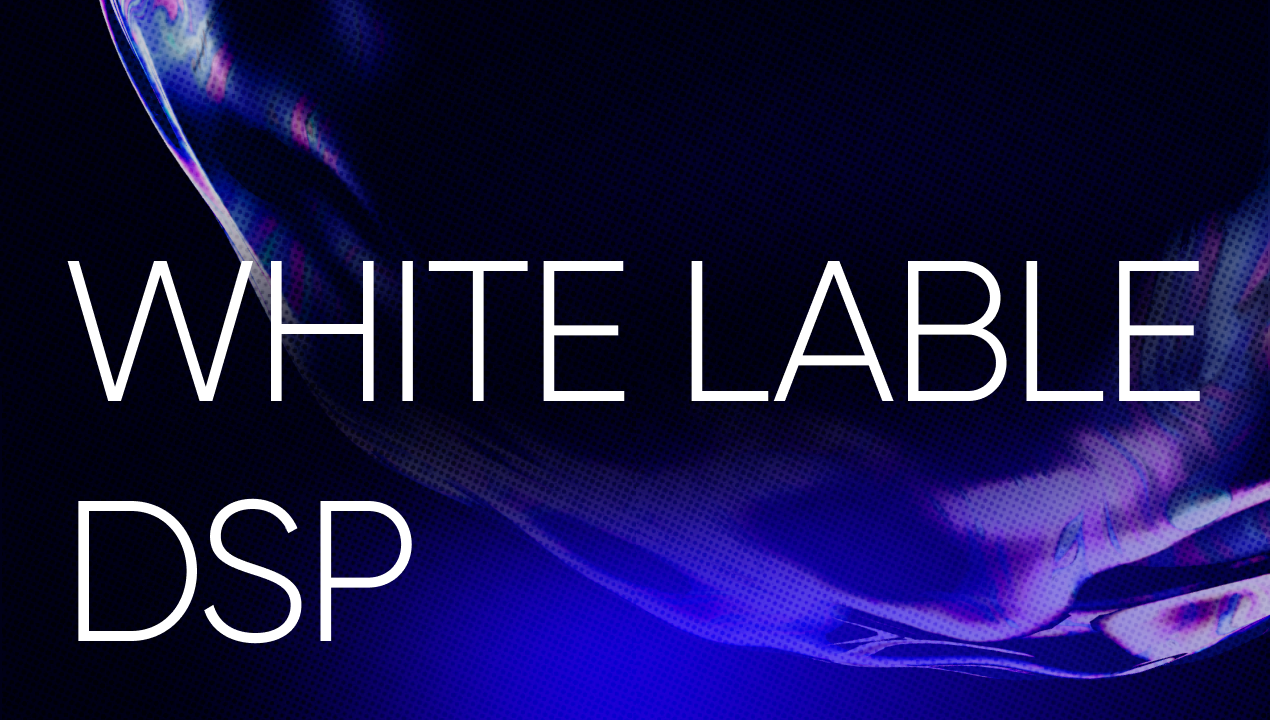
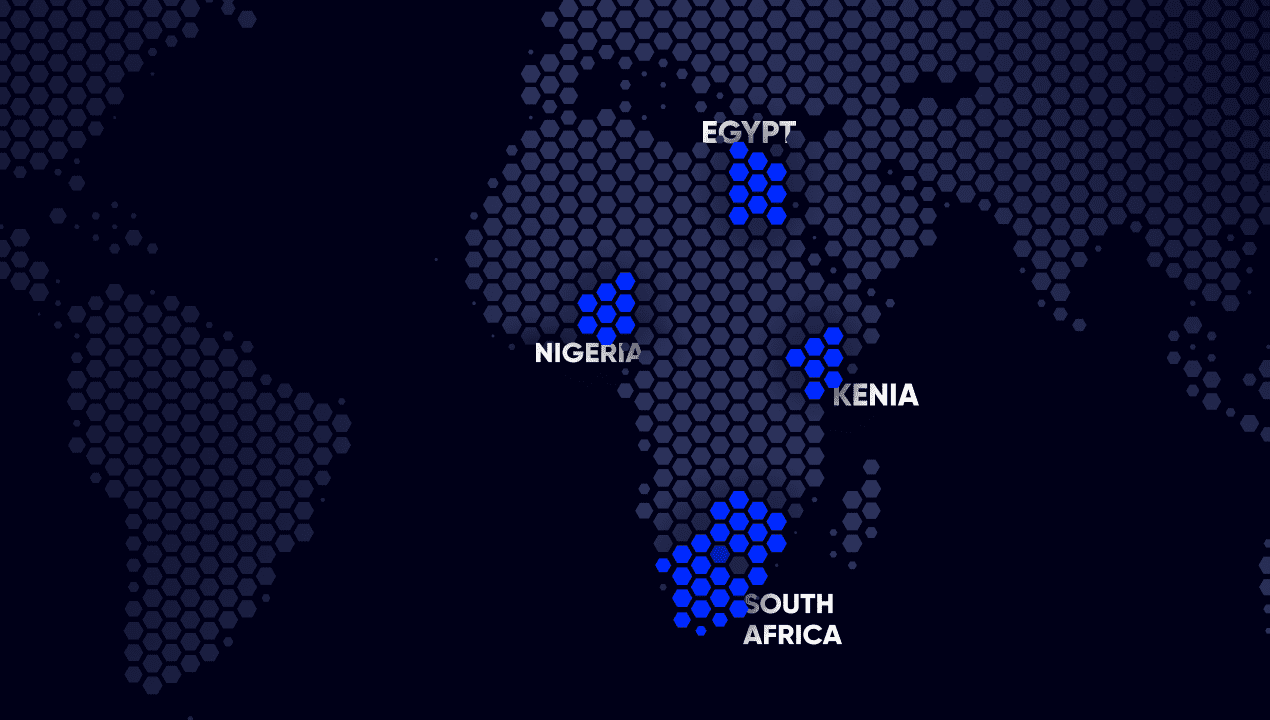

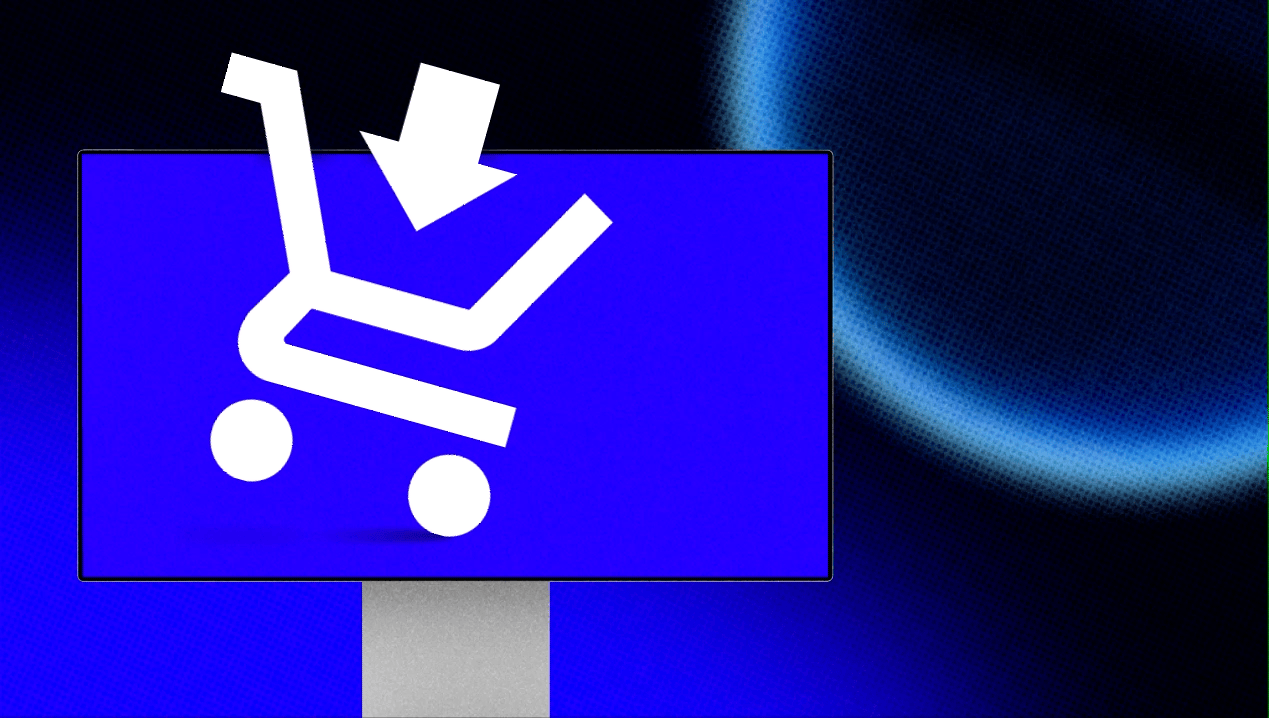


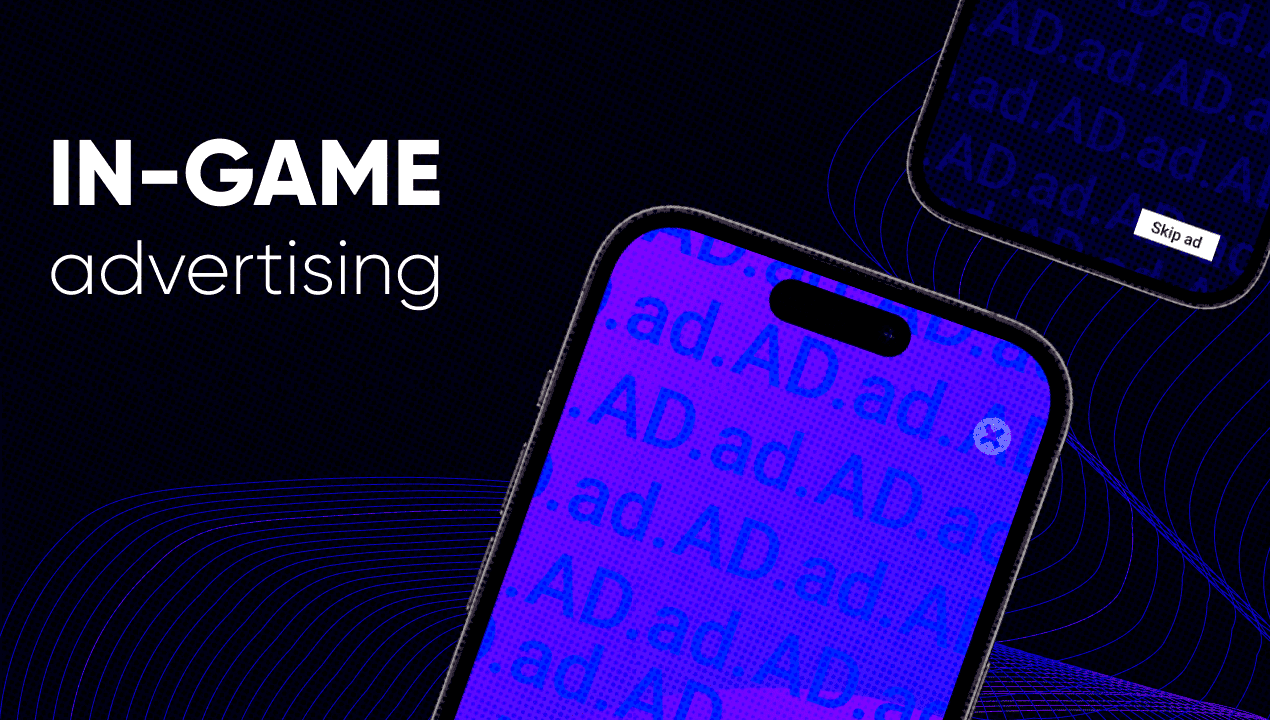

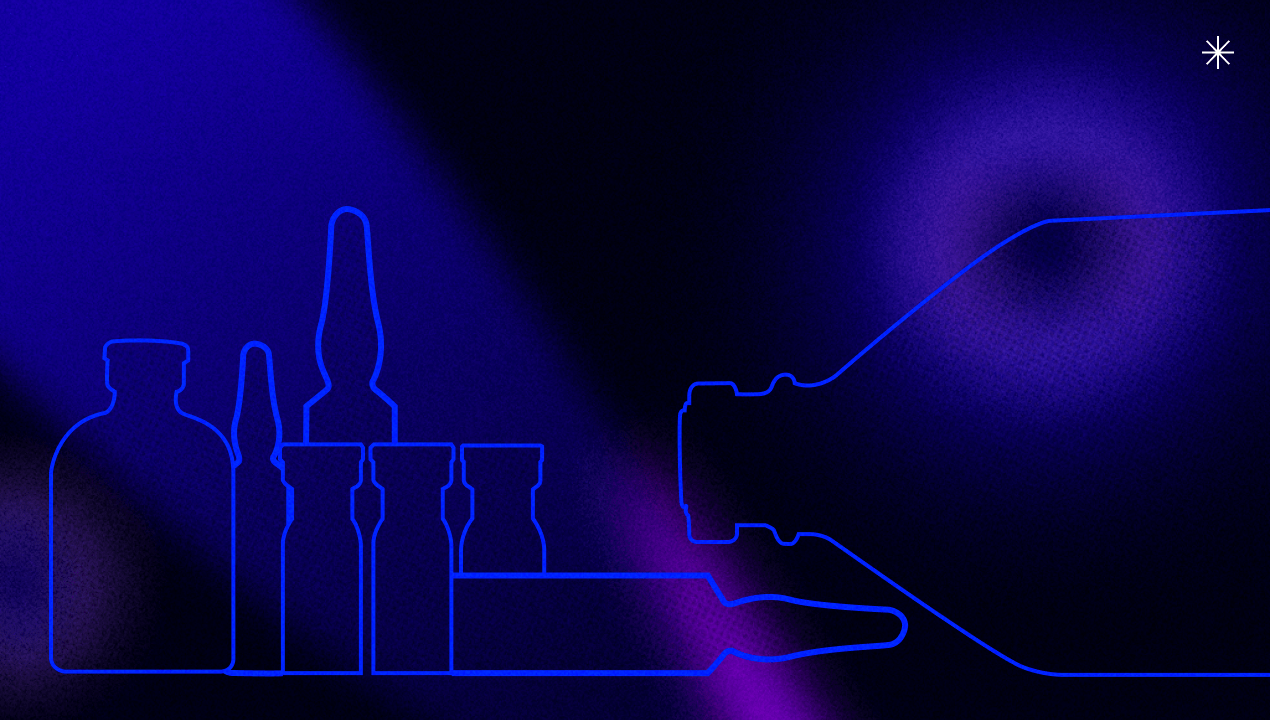


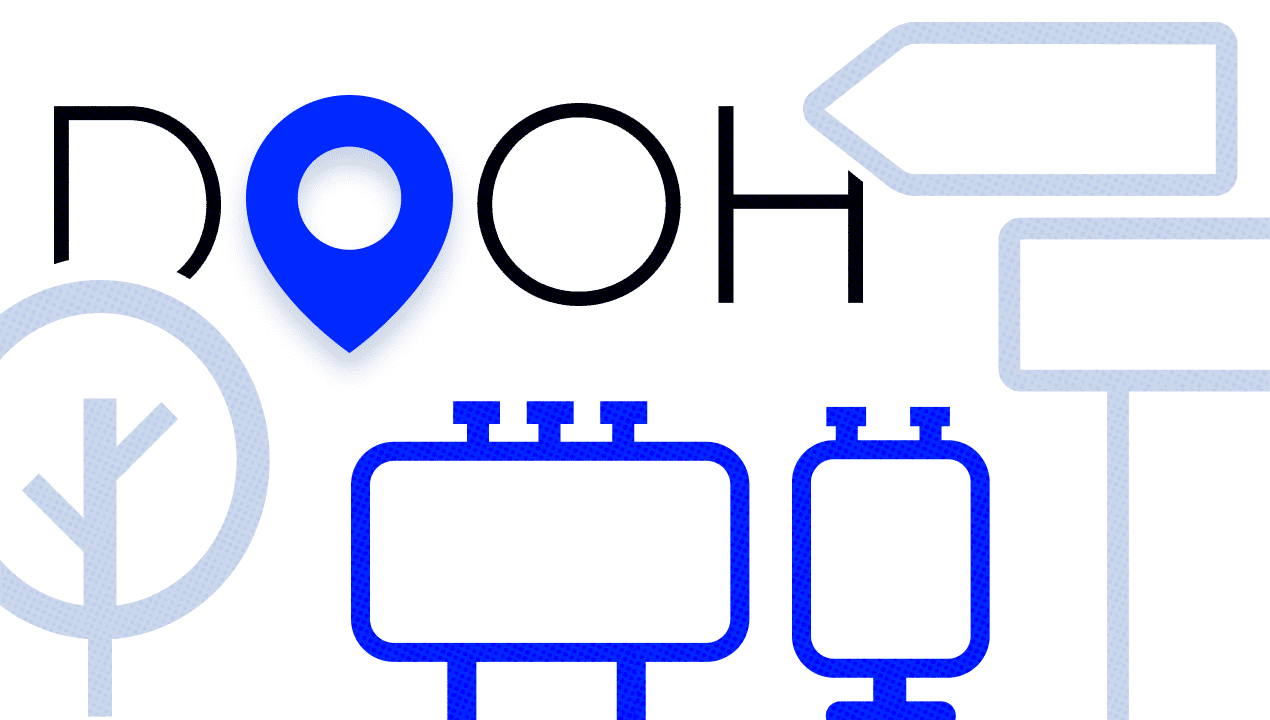
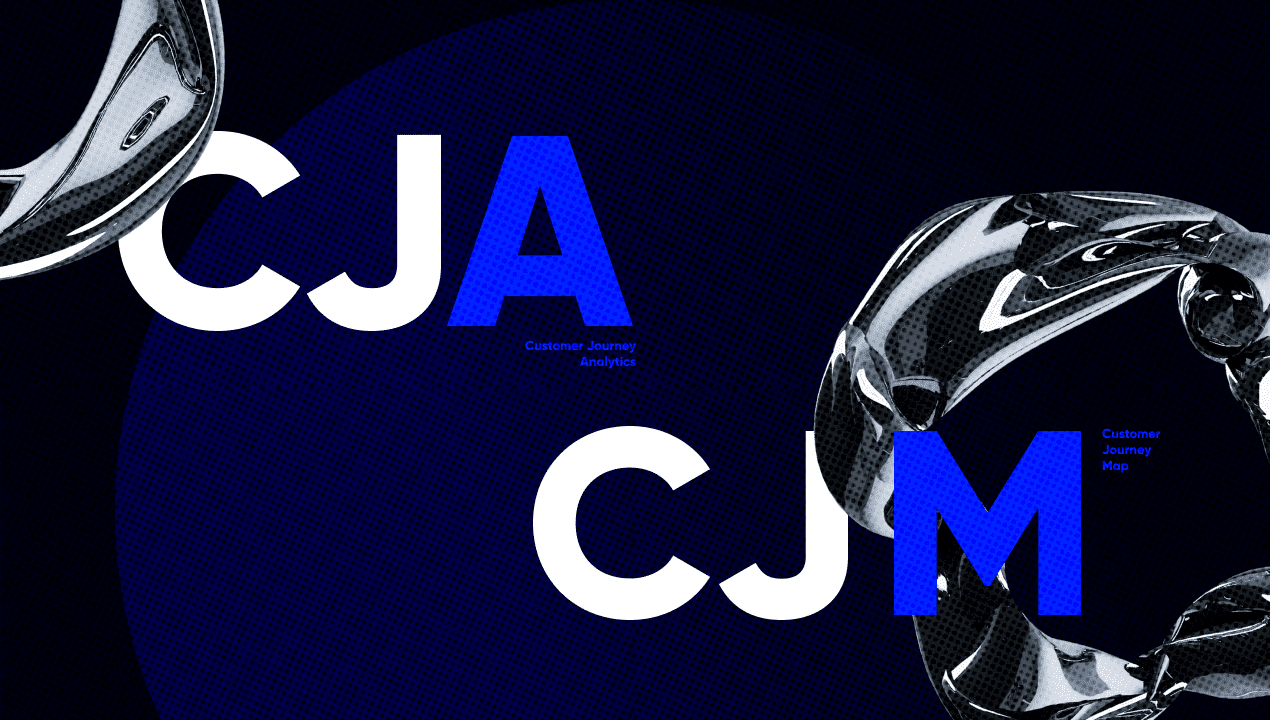



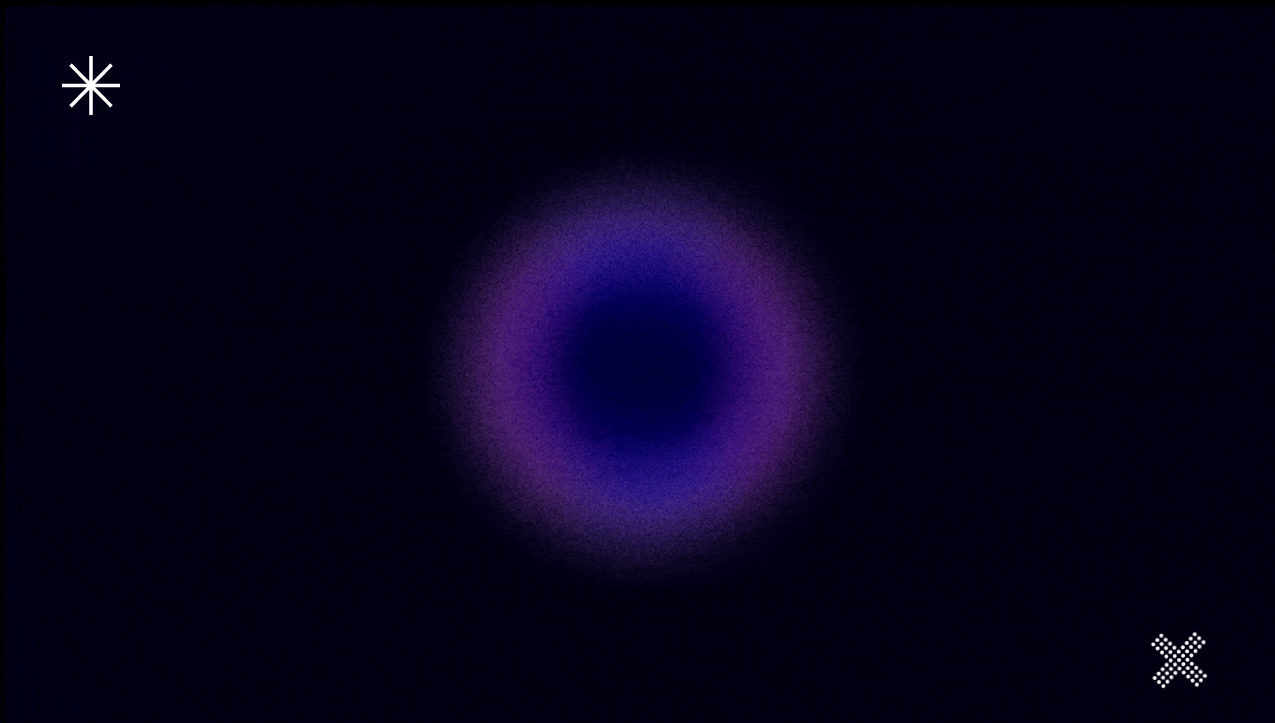


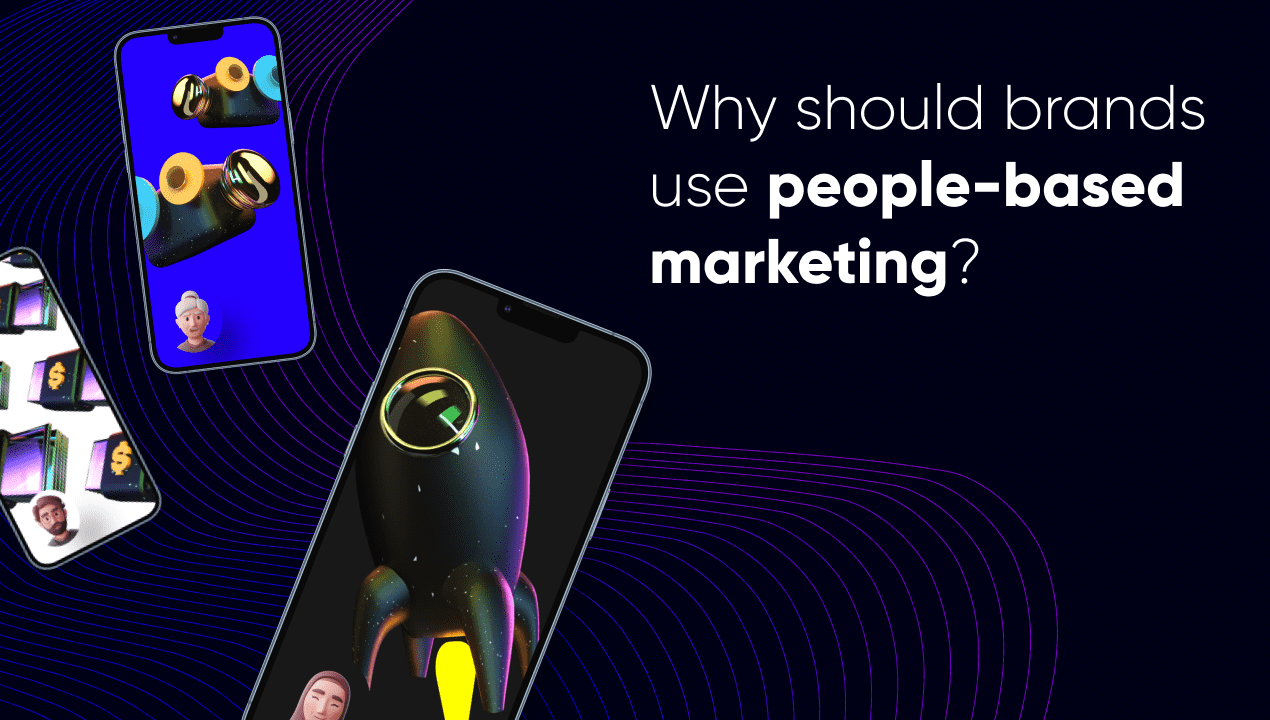
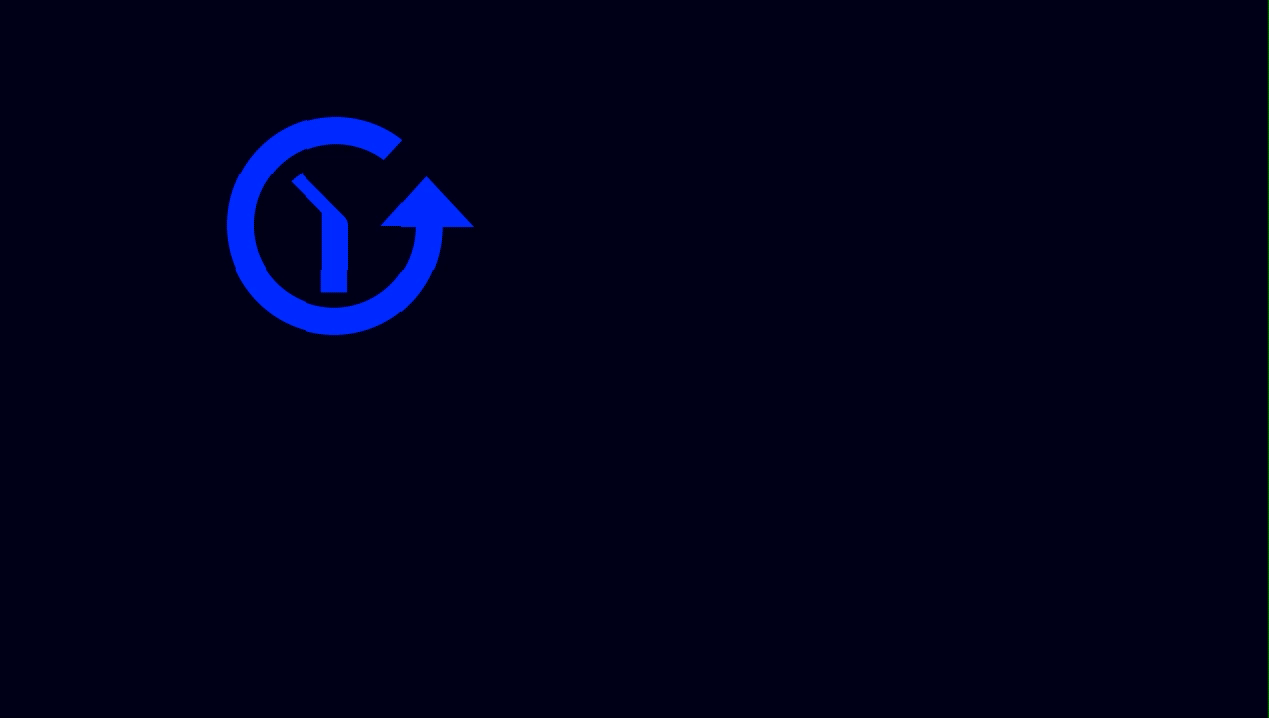
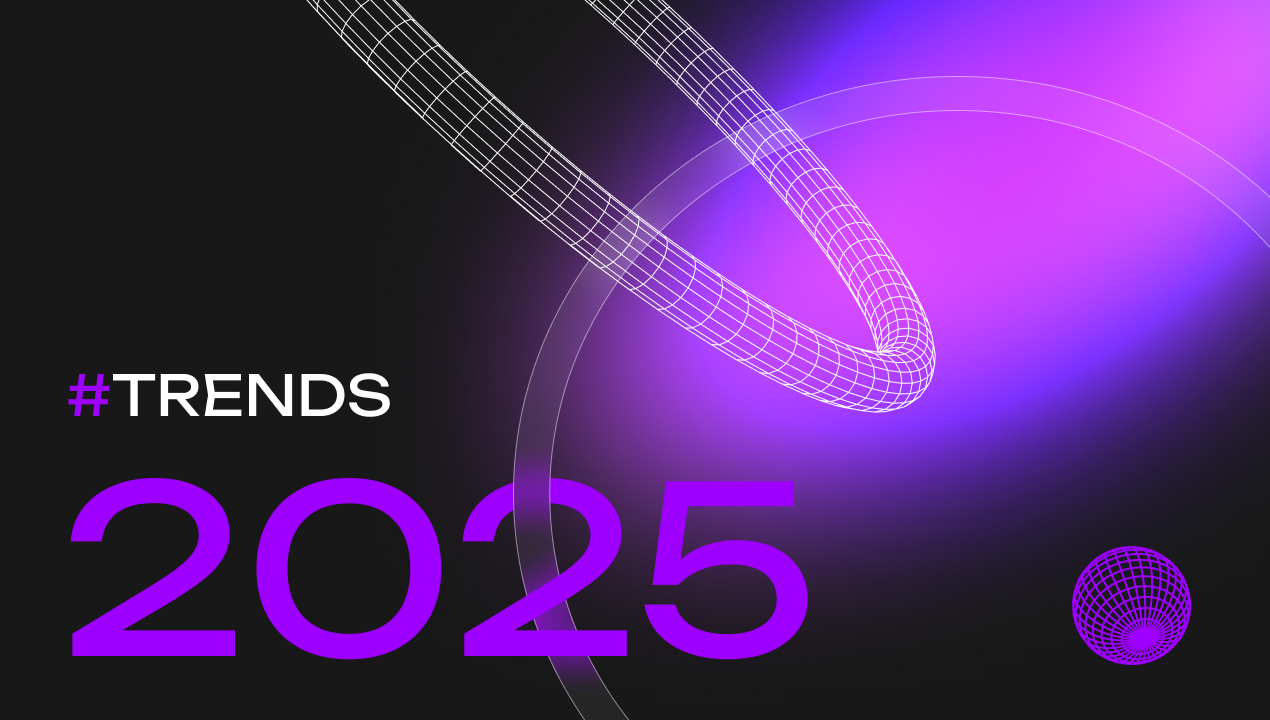
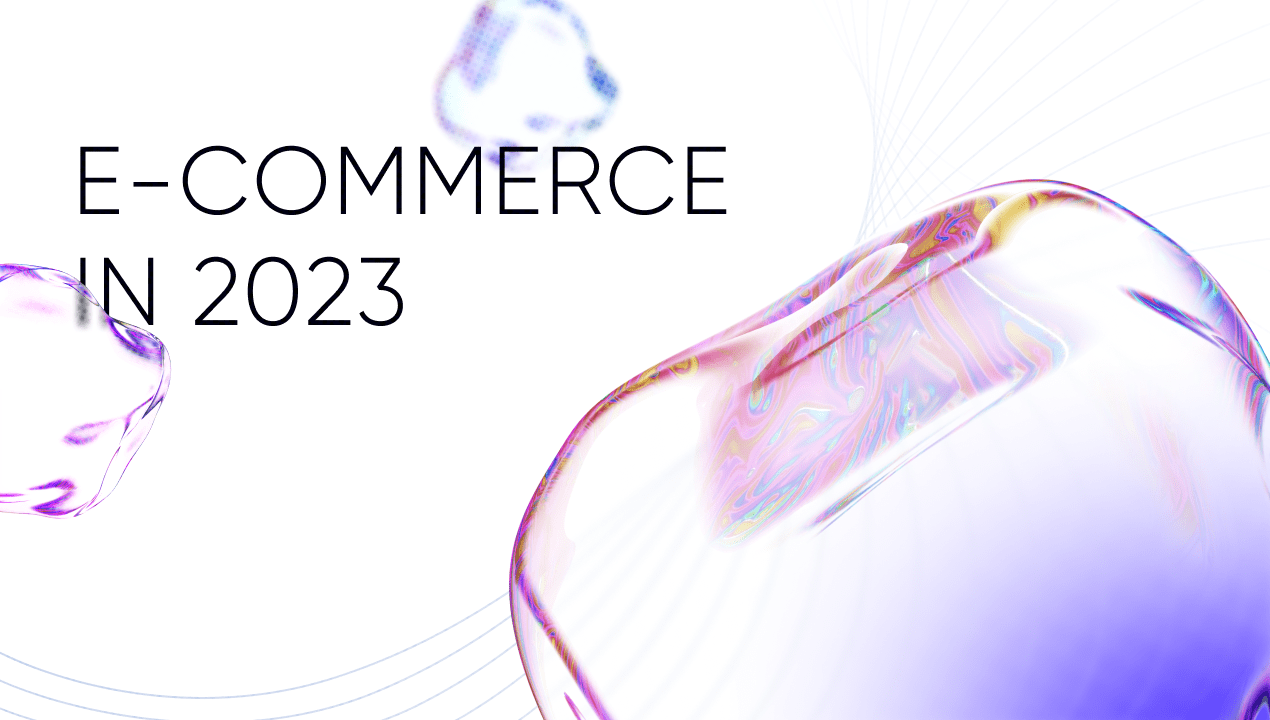
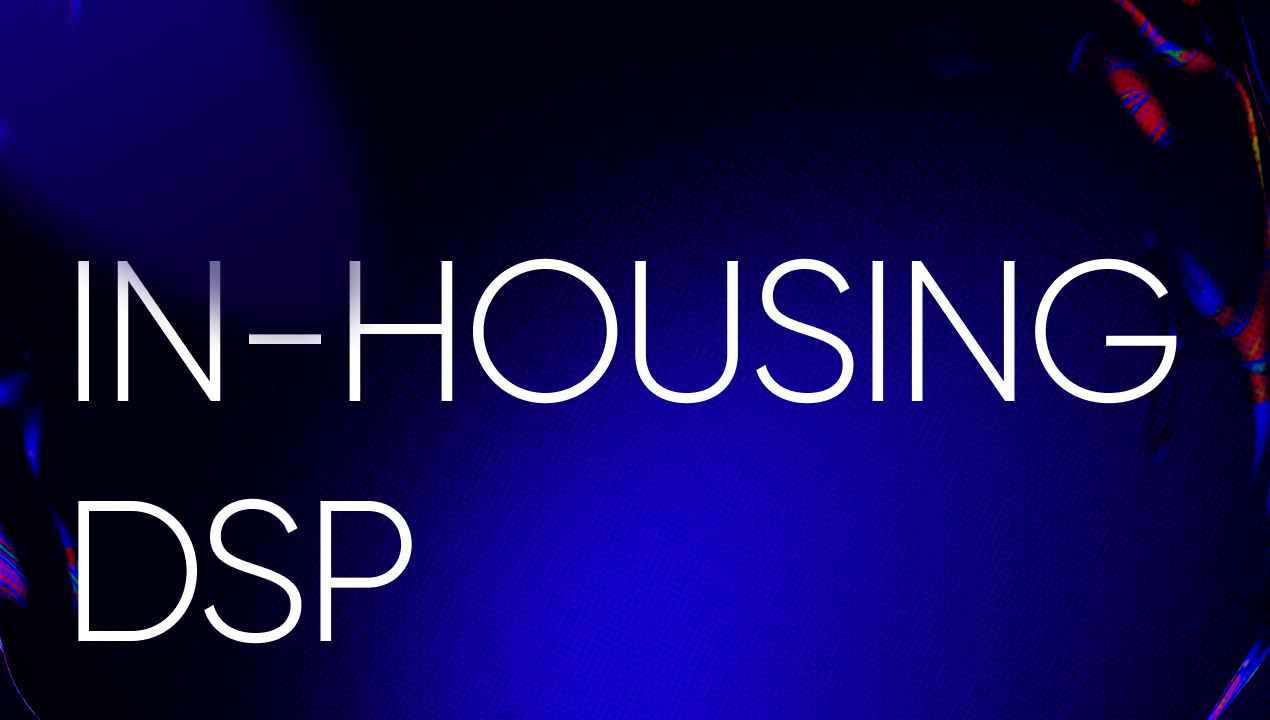
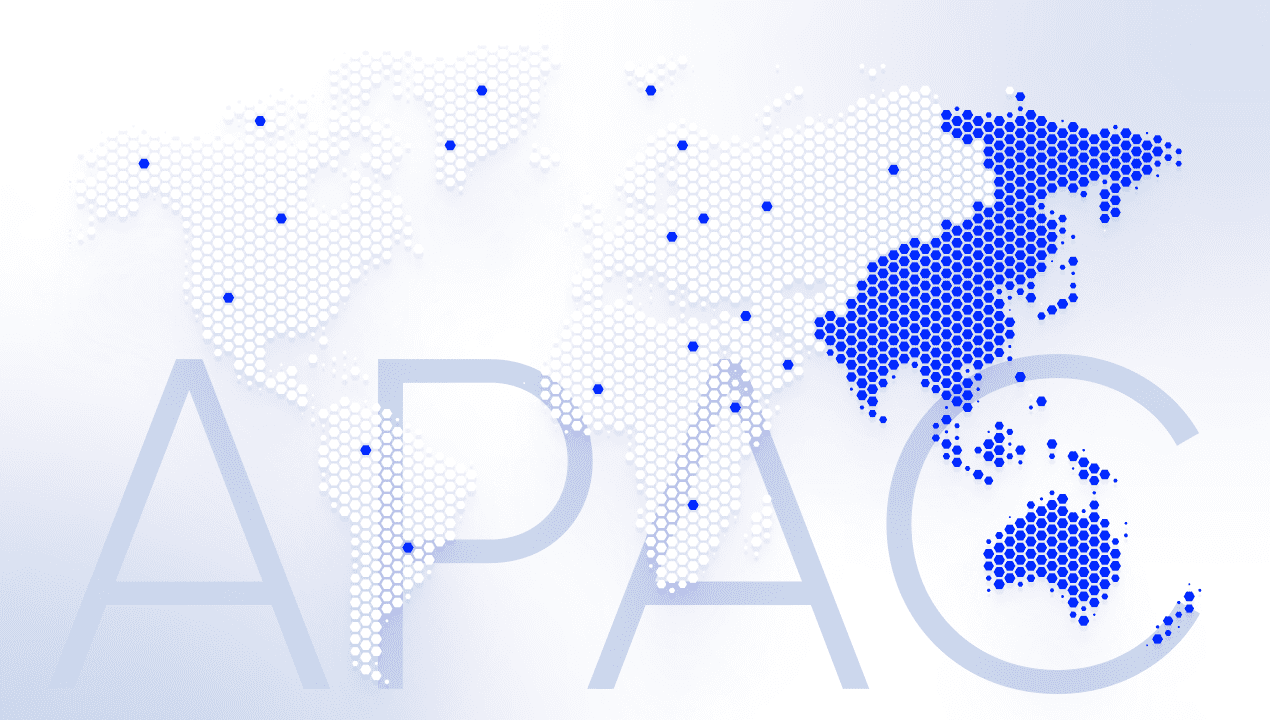


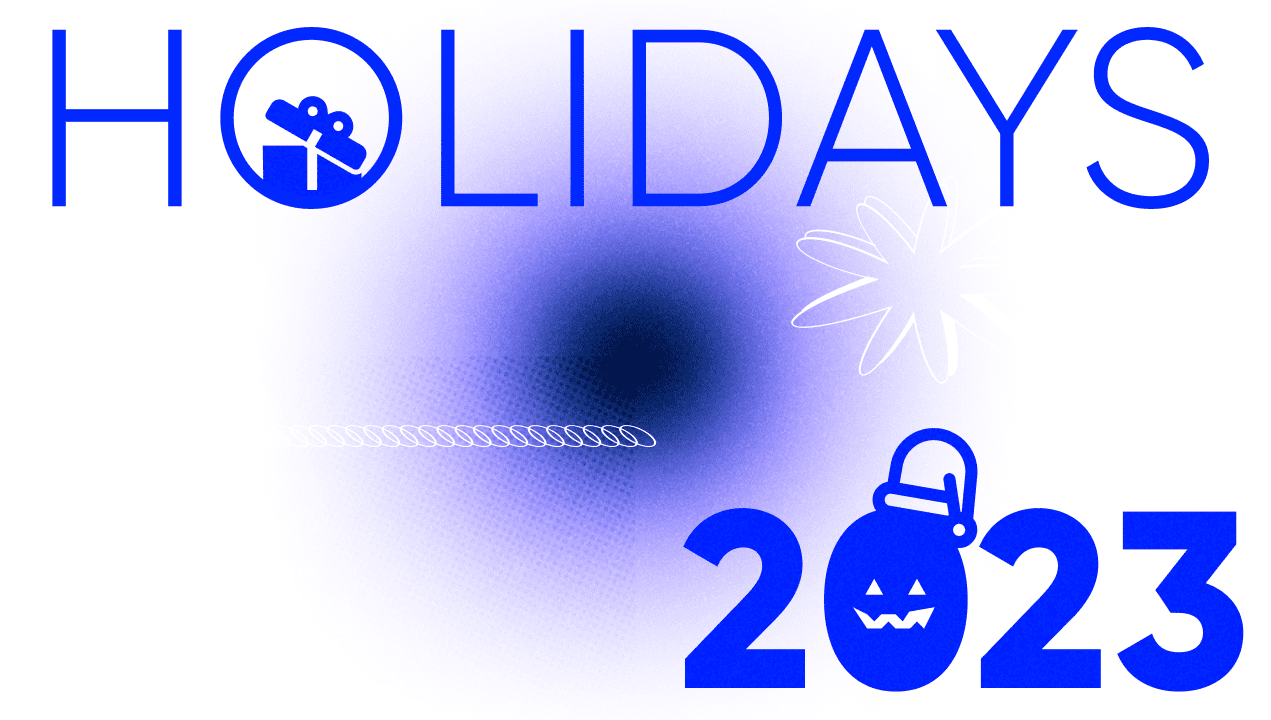

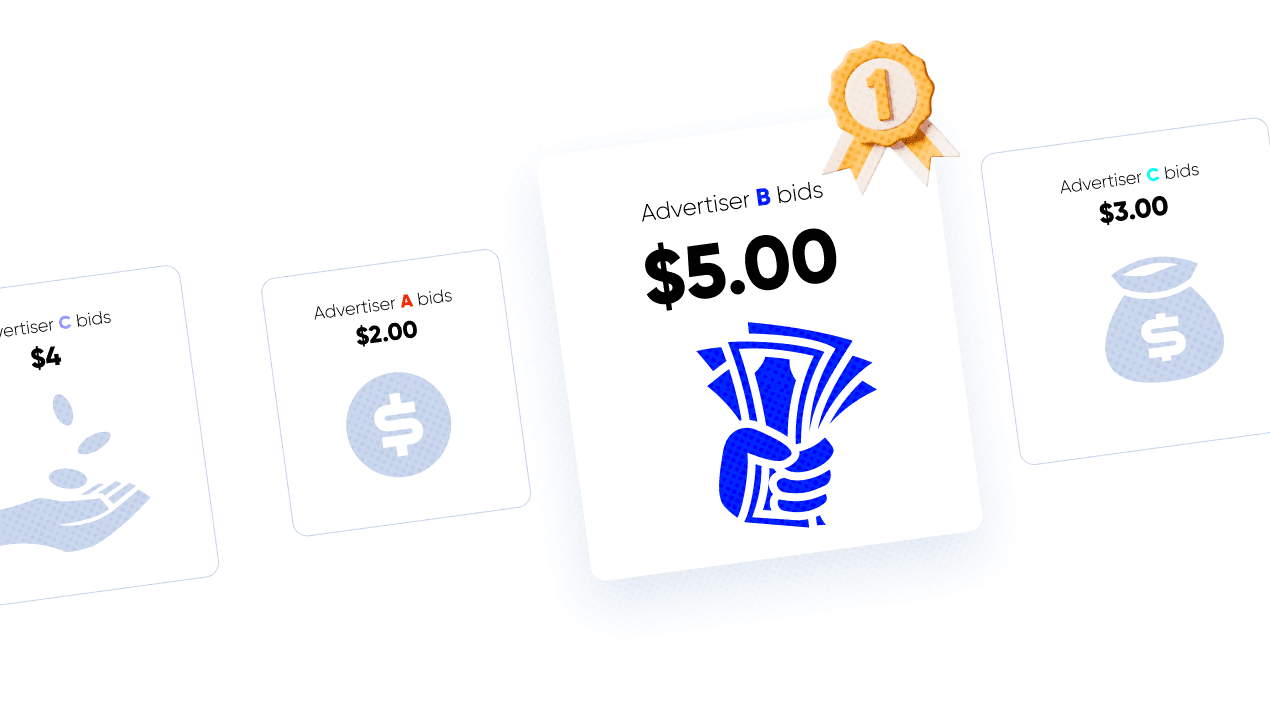
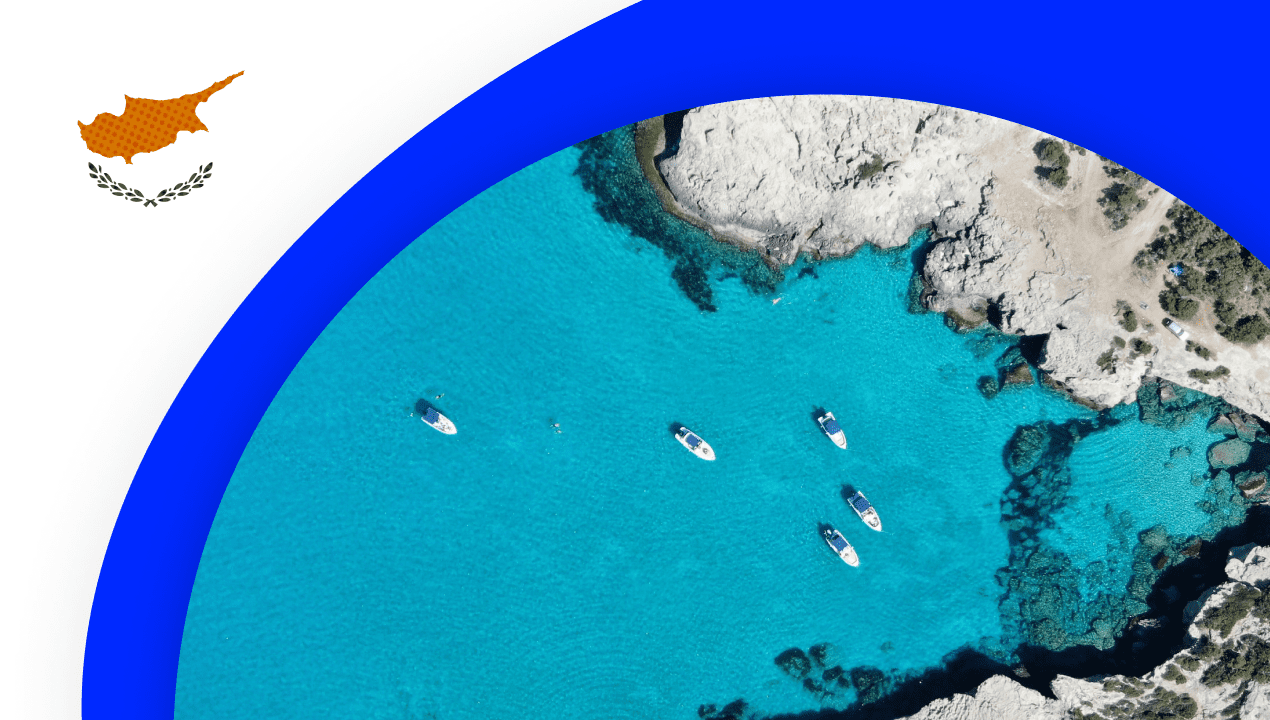
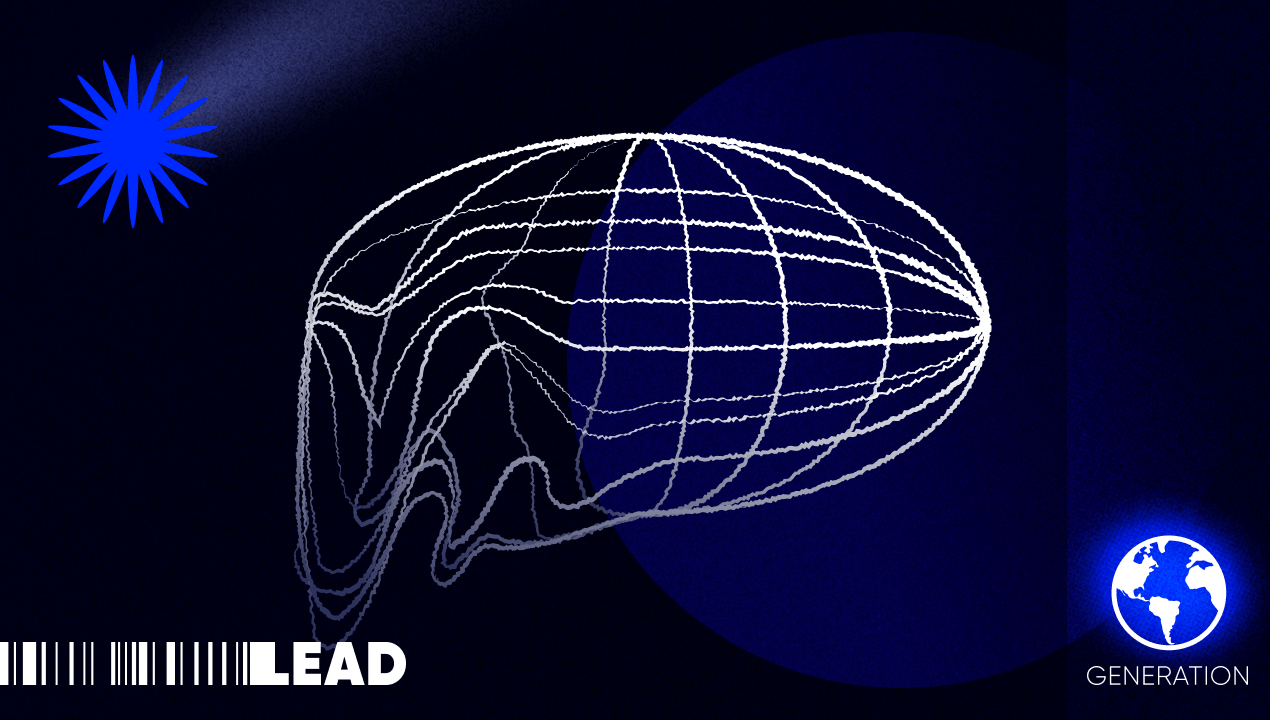
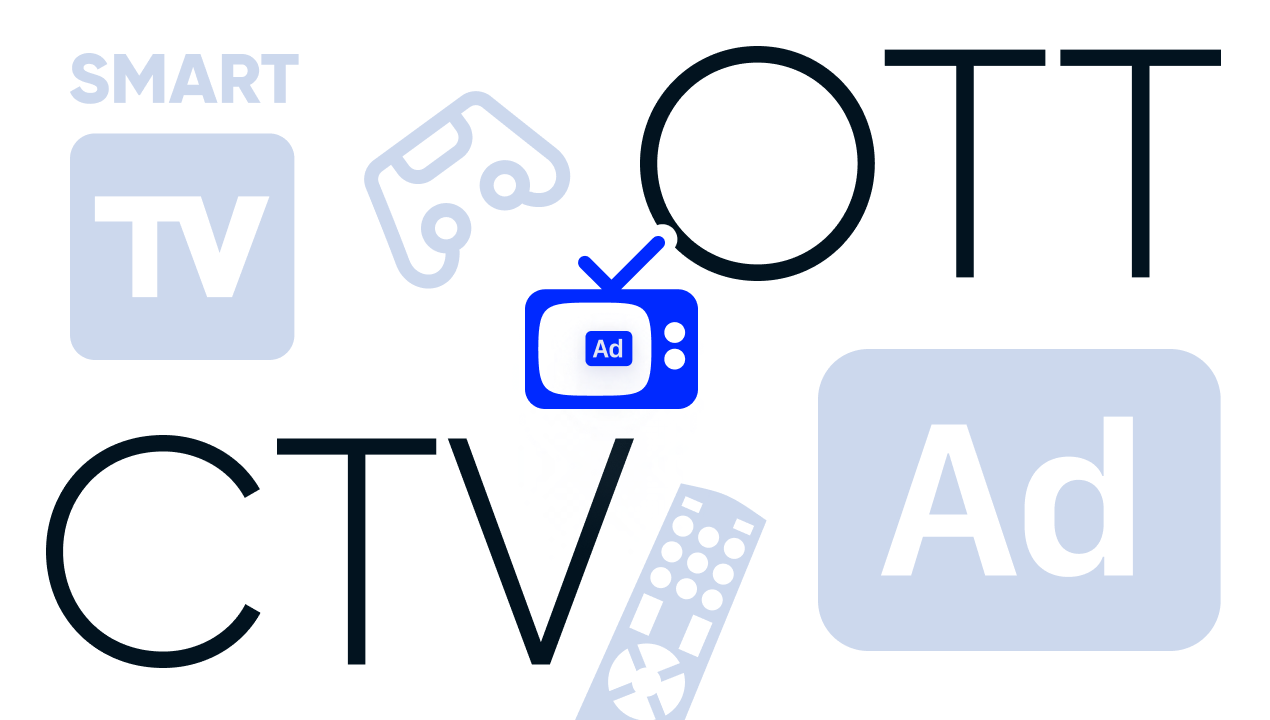
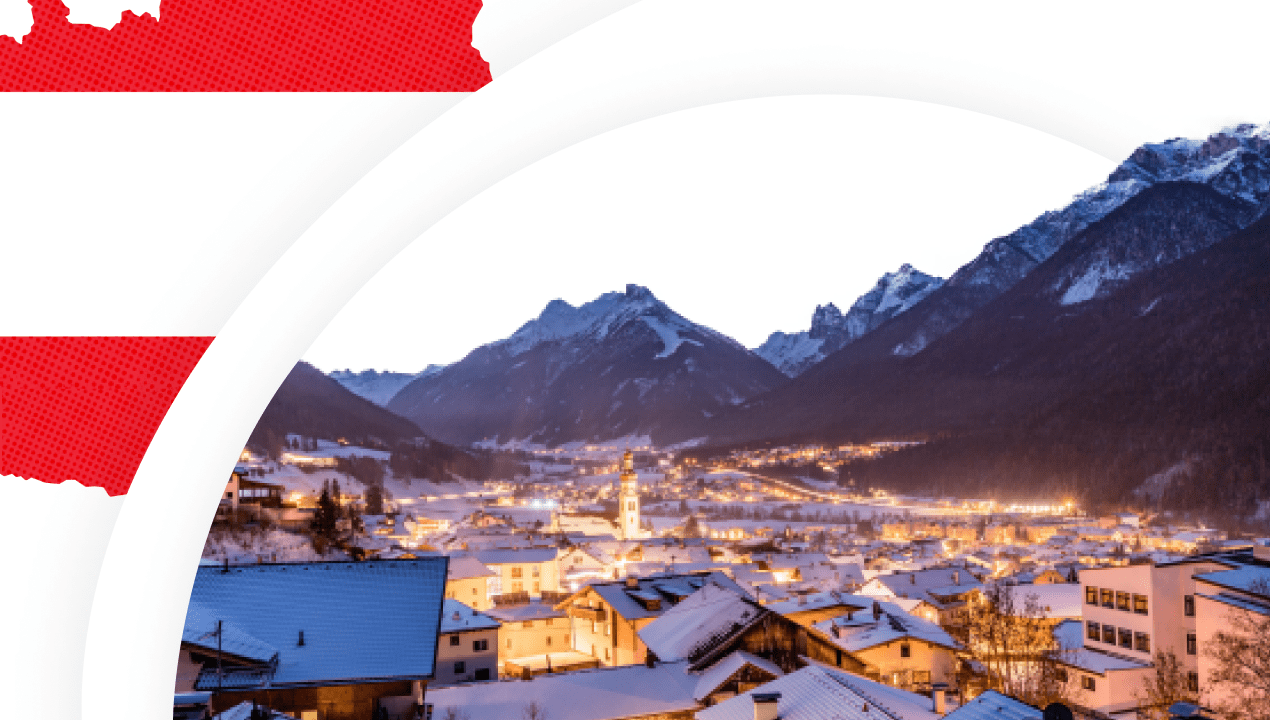
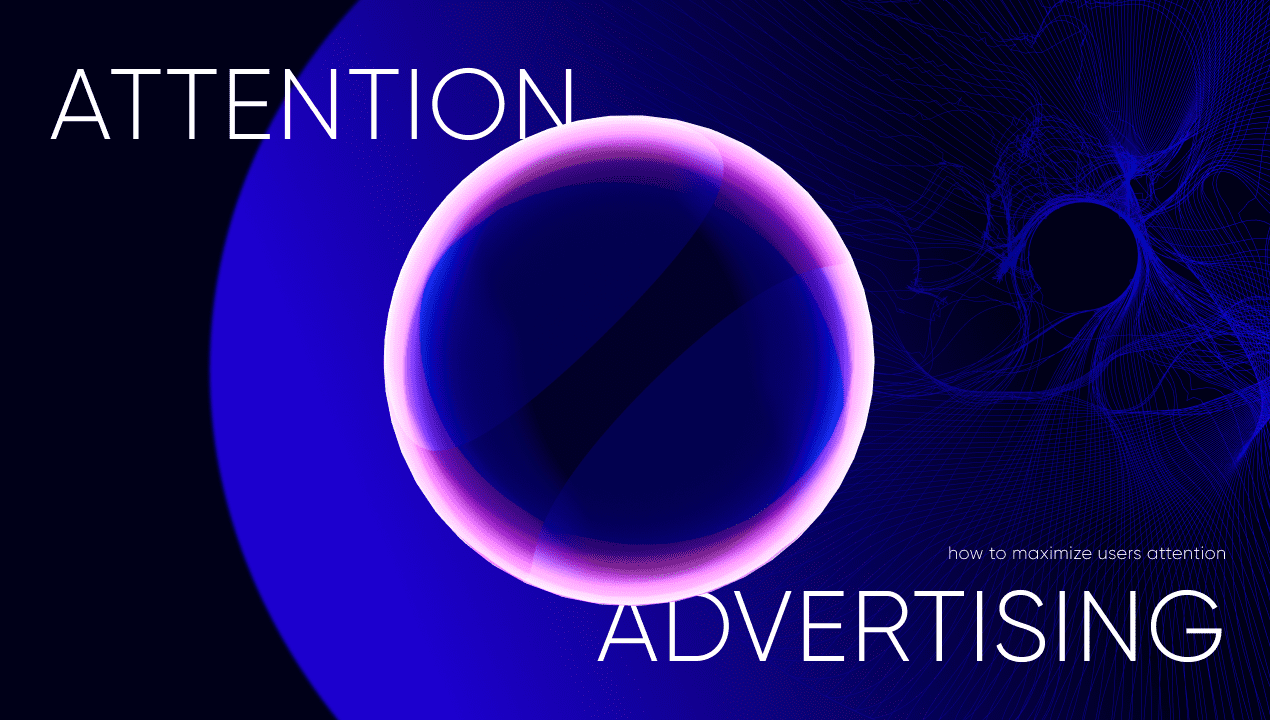
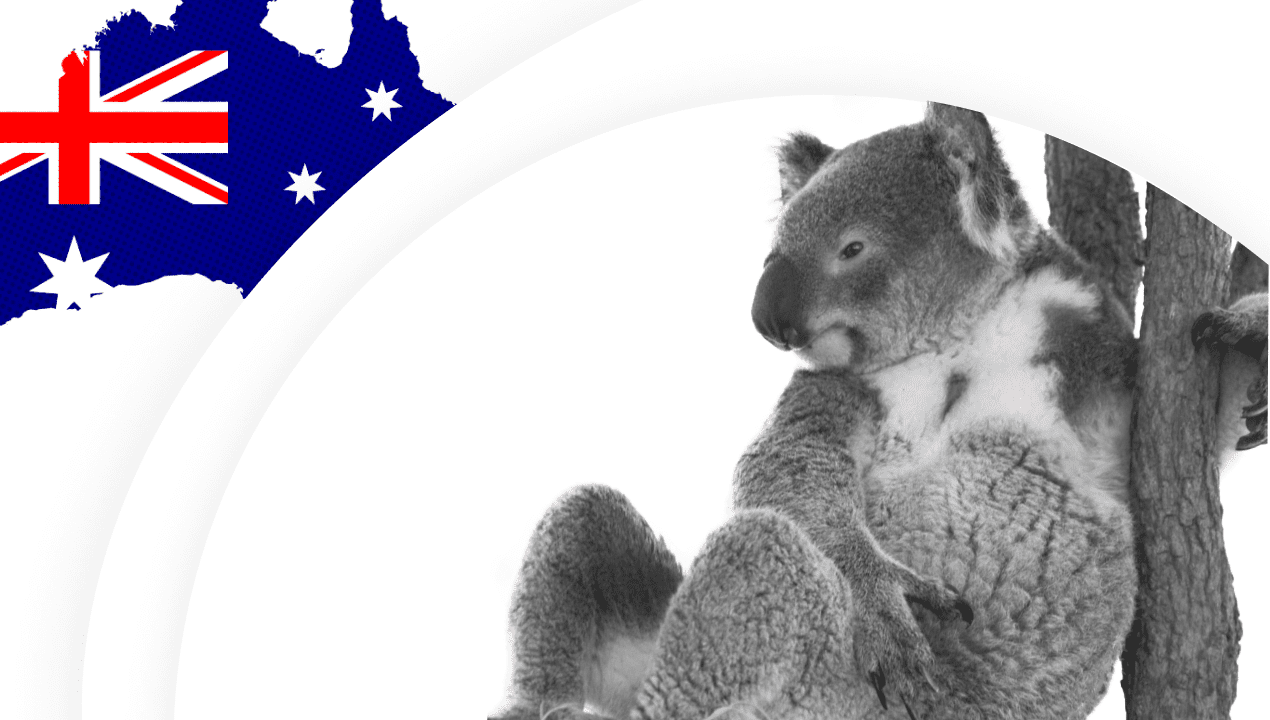
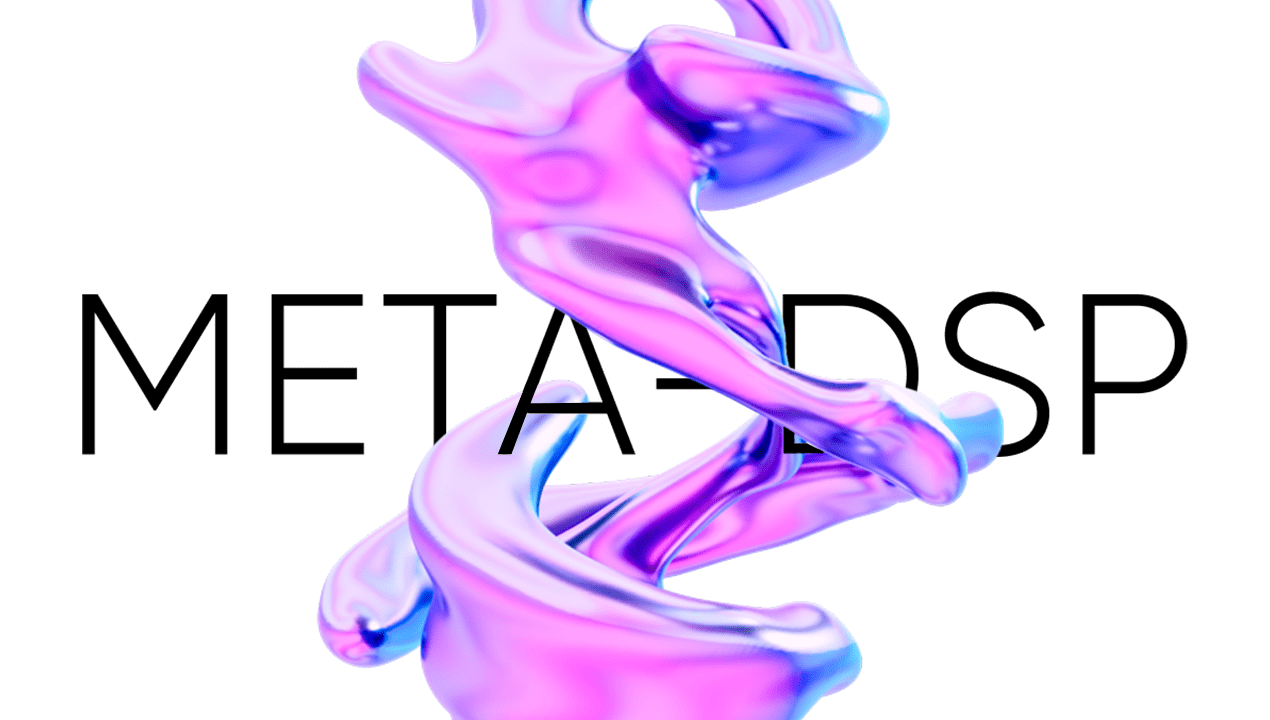



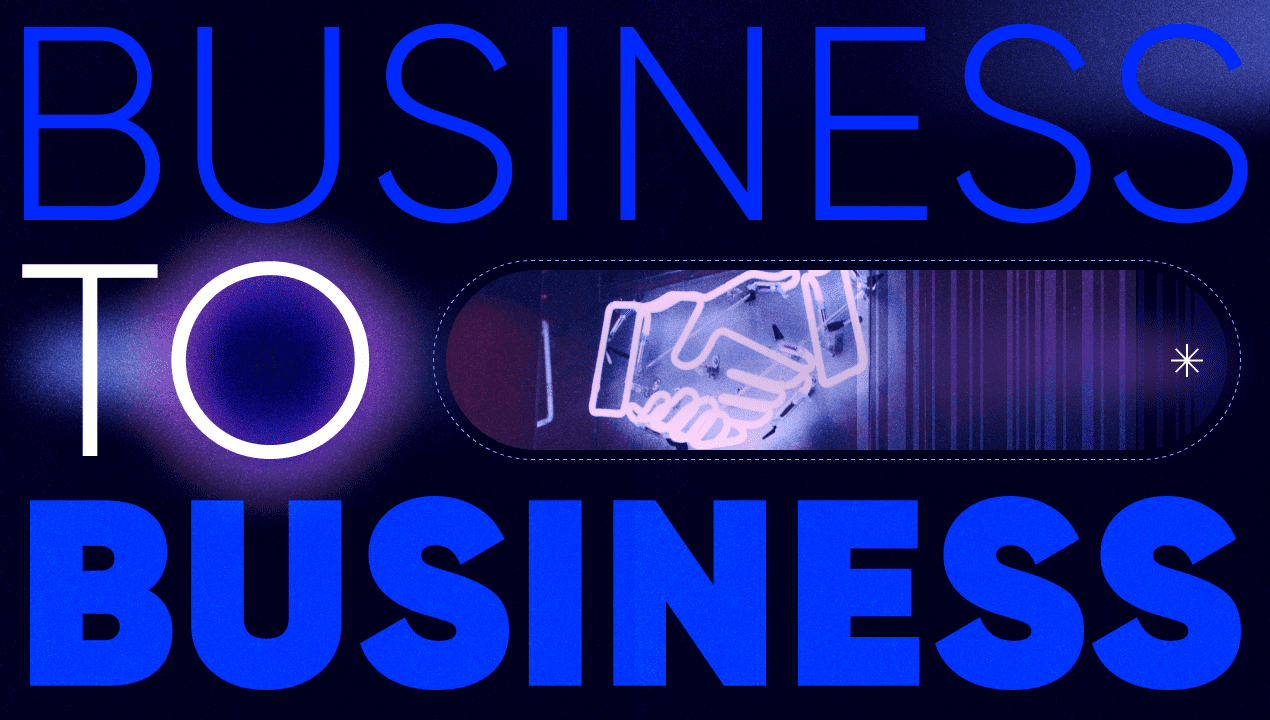

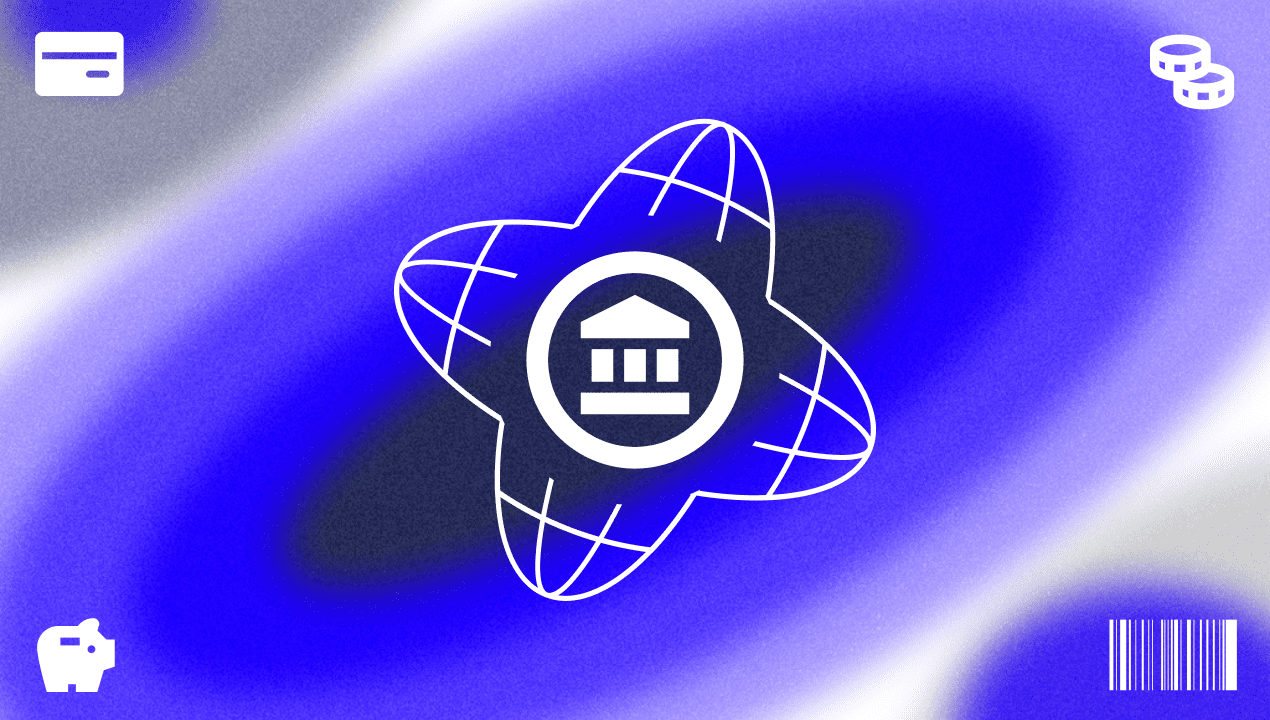
Read also



























































